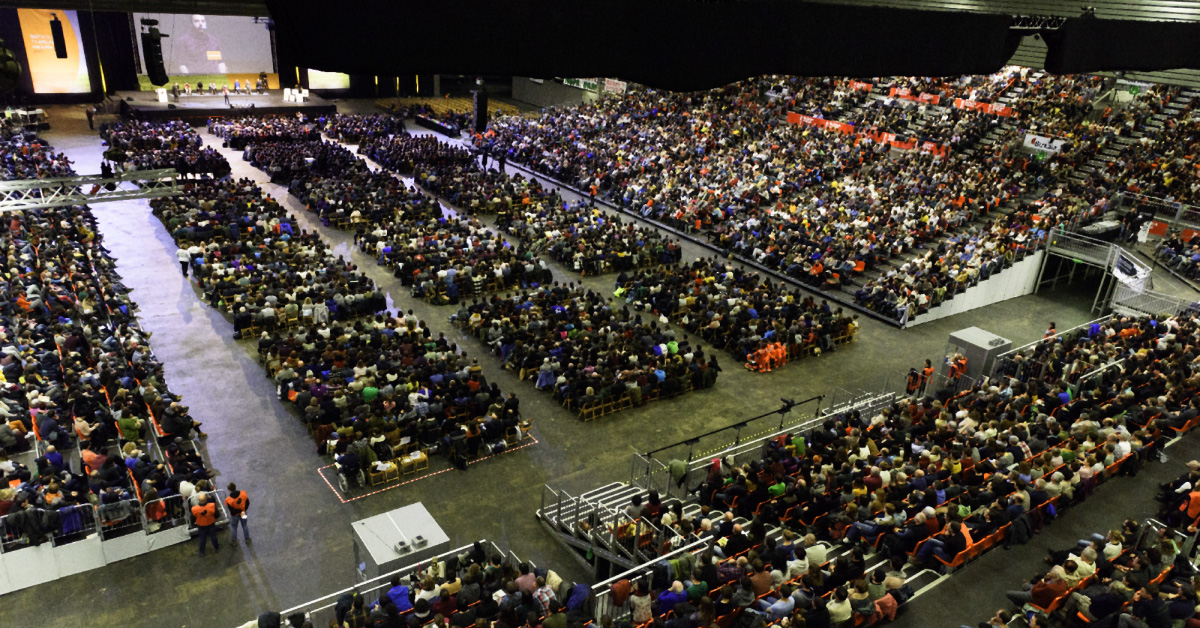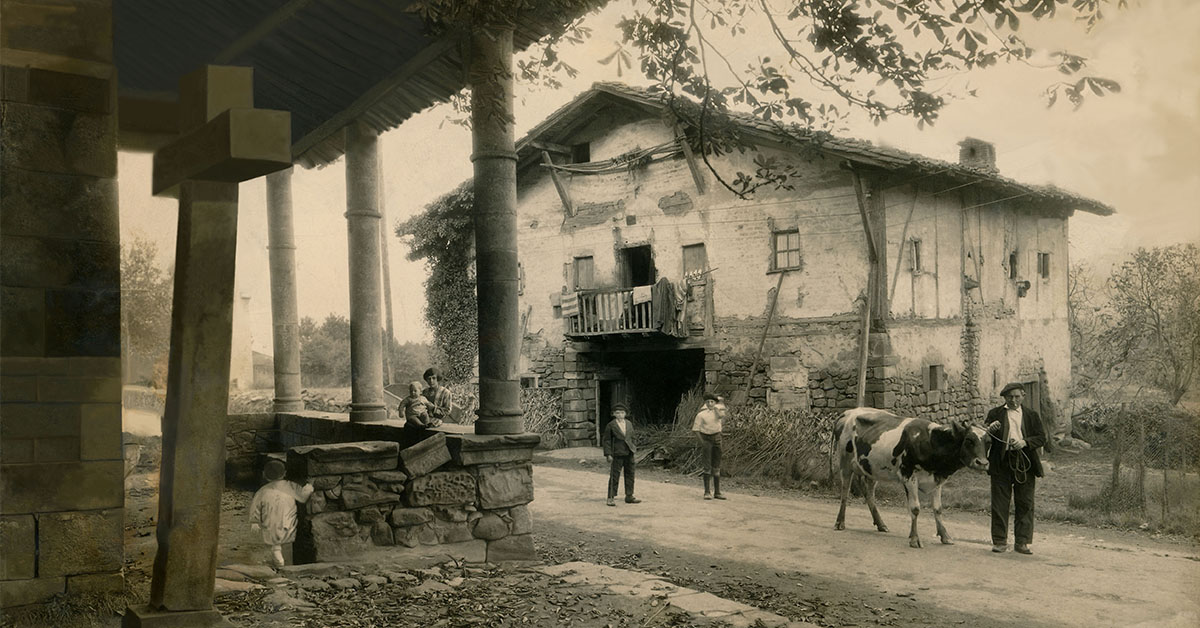Archives
In the first section of the article entitled Euskarakadak we talked about phonetic issues, while in this second, we will focus on the area of syntax.
To get an idea of what we are going to talk about, it would be enough to remember how the character Koldo Zugasti (the actor Karra Elejalde) spoke in the film Ocho apellidos vascos (Eight Basque surnames): «Siempre me acordaba del cumpleaños tuyo; pero tampoco llamarte no iba a hacer, porque lo mismo igual te ponía incómoda o así…» (I always remembered your birthday; but I wasn’t going to call you either, because the same thing made you uncomfortable or like that…).
The Basque language or Euskara, at least from what we know, is a small language in terms of the number of speakers and the area of use, but it has had to live alongside great languages throughout its long history. He had Celtic and Iberian as neighbors until Romans brought their imperial language to our surroundings. The Euskara lived for a long time near the strong Latin, and is now bordering on the great French and Spanish languages which are descendants of that Latin. The ancient influence of Latin is evident in current Basque, both in the lexicon and in the morphosyntax. Also that of later Spanish and French. But hasn’t our little Euskara left any trace in the great languages around it?

Final of the National Bertsolari Championship. Bilbao Exhibition Centre, 2017. Photo credit: Alberto Elosegi. Source: Xenpelar Documentation Centre.
What does the bertso have to catch the public so much? Throughout the world there are several cultures that work with oral improvisation, but none of them has the strength that bertsolaritza has today. Proof of this is the Bertsolaris Championship that is held every four years in the Basque Country –this year it is being held a year late due to the pandemic–. A championship in which, after several play off sessions throughout Euskal Herria, eight bertsolaris usually reach the grand final. These eight improvisers must sing before fourteen thousand listeners more or less, in morning and afternoon performances. Through the media many other listeners follow the act. Experts from all over the world are also approaching a broadcast of this magnitude. But I think the most shocking thing is the almost liturgical silence that occurs before the bertsolaris begin to sing. Those fourteen thousand throats are suddenly silent, completely, to give expression to a single throat. That unique thread of voice, through improvised words in Basque, weaves thousands of hearts in seconds, makes thousands of skins vibrate, moistens thousands of eyes, provokes thousands of laughs… Where is the secret of this magical fact?






